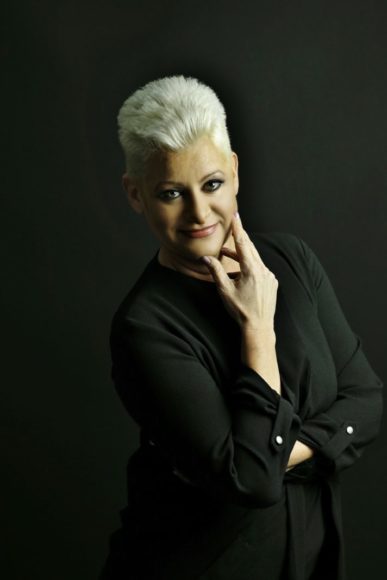What the Headlines Don't Tell Us
by Jaci Clement

 It’s a harsh juxtaposition: A seemingly interminable timeout, set against a backdrop of ever-changing headlines. As one argument evolves to overtake the public conversation — health vs. wealth — are we, perhaps, missing the bigger story?
It’s a harsh juxtaposition: A seemingly interminable timeout, set against a backdrop of ever-changing headlines. As one argument evolves to overtake the public conversation — health vs. wealth — are we, perhaps, missing the bigger story?
Much of what the news media covers today is strictly transaction-based reporting, which can be filtered down into a few categories. Actually, three categories. There are the stories covering who bought what, who decided that and who insulted whom — the latter of which is what now basically passes for political reporting at far too many news organizations.
Quick & Easy
For the most part, transactions are easy to cover, they fill space quickly and add an element of freshness to the news cycle. They keep the headlines churning.
It’s all quite neat and simple. Transactional news is reported as if a story happened in black-and-white, which puts it completely out of step with society today. After all, we’re living in full color. Our access to the world comes to us in high definition. And, as anyone who has walked the planet for a bit will readily attest, most of our lives happen inside a massive gray area. All of which explains why transactional news stories fly right out of our heads. What we’re left with is a nagging suspicion that life and all its glory is happening inside another realm, the one where we’ve all been denied admission.
Yet the headlines continue to churn.
Swimming Against the Tide
Each time that happens, we look to what’s next. Thanks to technology, we’ve now been trained to do this as if by instinct. Perhaps as a survival mechanism, our attention span continues to dwindle. In fact, humans are now tracking right alongside the unassuming goldfish in our ability to pay attention. Today, eight seconds is the best we can muster.
The question that begs to be asked: Is this because the headlines so vigorously churn?
To be news one minute and just as quickly erased explains a lot about our disposable culture. What we no longer want or need we simply throw away, whether it’s newspapers, food containers, or relationships. It’s an approach to living that has taken its toll on everything in our lives, including our planet. Technology may have introduced us to social distancing, but it took a virus to illustrate how much we need people.
The consequences of churn don’t stop there. As we embraced the disposable, we rejected responsibility. Keep it neat. Keep it simple. Why see it through when you can throw it away? Accountability gets kicked to the curb. It’s messy and cumbersome and somebody is going to need to fact check it.
When headlines focus on transactions, we lose sight of the impact of our actions. Until we get to that moment in time when no one is responsible for much of anything. The good news may be just how much all this churn has taught us.
You're invited to join the media savvy.
get involved today.
